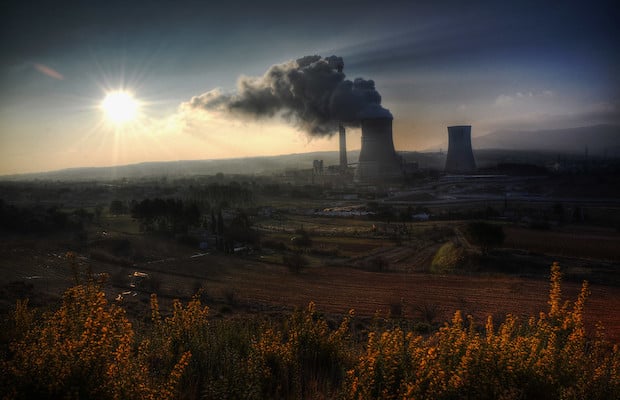

The US Department of Energy’s (DOE) Advanced Research Projects Agency-Energy (ARPA-E) announced up to $43 million in funding to develop carbon capture and storage (CCS) technologies that enable power generators to be responsive to grid conditions in a highly variable renewable energy (VRE) penetration environment.
The FLExible Carbon Capture and Storage (FLECCS) program seek to develop technologies that address difficulties in decarbonisation of electricity systems, focusing specifically on complications in CCS design, operations, and commercialisation potential with the increasing penetration of high VRE sources such as wind and solar power.
“Flexible CCS technology has the potential to achieve unprecedented carbon capture that will revolutionise the market,” said Deputy Secretary Dan Brouillette. “The FLECCS program will quickly advance our carbon capture technology to bring us closer to flexible, low-cost, net-zero carbon electricity systems.”
FLECCS projects will develop retrofits to existing power generators as well as novel systems with carbon-containing fuel input and electricity output.
The program will have two phases. Phase 1 will focus on designing and optimising CCS processes that enable flexibility on a high-VRE grid. Phase 2 will focus on building components, unit operations, and small prototype systems to reduce the technical risks and costs associated with CCS systems. Projects will be selected to move from Phase 1 to Phase 2 at the conclusion of the initial funding period, based on the output and capacity expansion analysis of the projects.
A portion of the funding will be made specifically available for qualifying small business applicants under ARPA-E’s Small Business Innovation Research (SBIR) program.
Recently, we had reported that the department had announced selections for USD 128 million in new projects to advance solar technologies. Through the Office of Energy Efficiency and Renewable Energy’s Solar Energy Technologies Office, the DOE announced that it will fund 75 innovative research projects that will lower solar electricity costs while working to boost solar manufacturing, reduce red tape, and make solar systems more resilient to cyberattacks.
Source: Saurenergy.com
In a significant move toward advancing green energy and industrial growth in the state, Himachal…
Golabl chemical conglomerate BASF has announced that its now offering the world’s first biomass-balanced polyethersulfone…
In a crucial stint to bolster the biogas sector and sustainable dairying in the country,…
TotalEnergies SE has received approval to proceed with its Middlebrook solar and battery project in…
Andhra Pradesh Chief Minister Chandrababu Naidu has inaugurated the Rs 1,000-crore green hydrogen plant of…
The BITS Pilani has developed an innovative solution for managing landfill leachate, domestic septage, and…